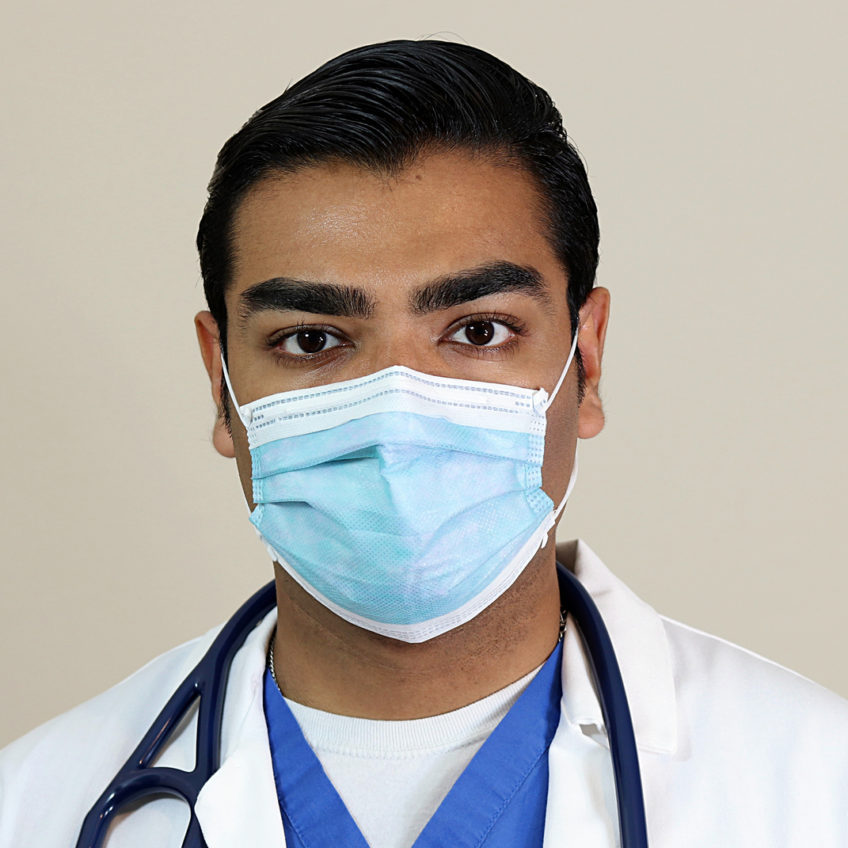
A fifth of the nation’s nursing homes had less than a week’s supply of personal protective equipment in late May, according to a new analysis. A slow and incomplete federal response is largely to blame, investigators claimed.
The shortages translate to 3,213 out of more than 15,000 nursing homes with only days’-worth of masks, gowns, gloves, eye protectors or hand sanitizer, reported Kaiser Health News, citing federal records. Among those facilities, 946 has had at least one confirmed COVID-19 case since the pandemic started.
Nursing homes account for an outsized number of total COVID-19 cases, with some states putting the tally over 80%. But action on federal promises to ensure PPE access and delivery has been inconsistent, operators told the news outlet. In some cases, shipments are still pending. In others, the equipment delivered is not fully protective or of poor quality, they said. Some administrators described continuing to scrounge for supplies in a chaotic market with high prices and uncertain sources.
The Federal Emergency Management Agency had promised May shipments to nursing homes to fill supply gaps. Among operators still waiting, the Good Samaritan Society reported that 147 of its nursing homes — many in COVID-19 hot spots — have not yet received any shipments. In addition, records from the Centers for Disease Control and Prevention show that more than 700 nursing homes have no N95 masks, and nearly 2,000 have less than a week’s worth. Meanwhile, FEMA is shipping only surgical, not N95 masks, the news outlet reports.
“The federal government has got to step up,” Lori Smetanka, executive director of the National Consumer Voice for Quality Long-Term Care, told the news outlet. We’re now — what? — three months into this pandemic, and these facilities still don’t have enough PPE to protect themselves and their residents?”
In other PPE news
After spending millions on KN95 masks, feds now unsure of their safety: Federal agencies have purchased up to $11 million worth of Chinese-made masks, whose safety or quality in many cases has now been called into question, according to a ProPublica review. These issues have prompted the Food and Drug Administration to revise emergency rules regarding the use and cleaning of certain face masks during the pandemic.
Frontline workers with the right gear avoided COVID-19 infection, study shows: Despite high-risk positions caring for COVID-19 patients, frontline healthcare providers with proper personal protective equipment did not become infected or develop protective immunity against the virus, according to a new study from China published in The BMJ. “Healthcare systems must give priority to the procurement and distribution of personal protective equipment,” the researchers concluded.




